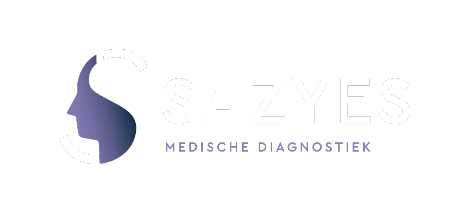
Injury medical capacity assessment
An insurance medical load capacity examination is all about objectifying complaints, limitations and determining the load capacity. During an occupational health assessment, a statement is always made about the person's capacity and an FML (Functional Ability List) is completed.

